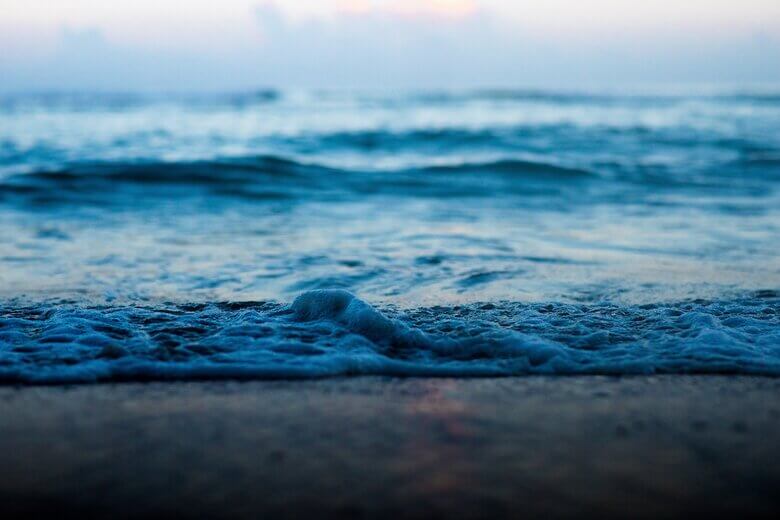Isa Lei - A Remux

The song "Isa Lei" is a well known Fijian love song, that is often used to farewell a person or party. Whether the origin of the song is Tongan or Fijian is up for debate, but if you have visited a Fijian resort, or spent any time there you will more than likely have heard the song or had it sung to you.
A Youtube search finds a number of versions, including this from the Seekers,
Embedded content: https://youtu.be/sW73Ii9i1NIErakah's cover via Coconet.tv
Embedded content: https://youtu.be/WCXZc2p_Vjwand this version by the Fijian Police band, that I tweeted to farewell and honour Bill Mcnaught, when he retired from the National Library New Zealand last year.
Embedded content: https://twitter.com/digitalpasifik/status/1339387559303020545?s=20Recently Leone retweeted this, which has the audio from a cover of George Veikoso's "Isa Lei Lia" by Nosi & Mila overlaid over archival footage. A reworking of "Isa Lei", the opening stanza is:
Embedded content: https://twitter.com/KaniaTiko20/status/1369801368240746501?s=20Isa lei lia, Isa sobo lei Lia, Au na soko wasa yani vei iko isa lei Lia
Oh my Lia, Oh my lovely Lia, I will brave the open seas for you, my lovely Lia
The embedded video is from TikTok user @mozeskoto. I must admit to being moved to tears when watching it, and was reflecting on the remixing of old and new stories on a current digital platforms, and at the soulfulness of both songs.
I think there's an amazing opportunity for Pacific people to retell and reclaim their stories and the versions of them, when these original versions are made visible and accessible. I went looking for the original source footage, thinking it would be only footage with no audio or just a newsreel style narration.
Here is the source content via British Pathe, with this copy on Youtube:
Embedded content: https://youtu.be/L-0pOa8H1IEIt comes with a classic 1950's style of editing and narration. Laid down over a soundtrack of pomp and coincidental, are phrases like,
"From quiet seaside villages, as well as towns, men answered the call, leaving their peaceful lives to fight in a strange and difficult land..." "with old time ceremony, their elders sped them on their way"
A narrative that makes sense relative to a particularly English, or British sensibility of the time and place. But to my ears somewhat jarring.
The "strange & difficult land" was Malaysia, a country that I grew up in, and that has changed incredibly over the last 50 years, but even then, during the time of the Malayan Emergency, was a land that probably wasn't strange or difficult to those who would then and now, call it home.
The "old time ceremony" refers to the drinking and sharing of yaqona. Often seen as just a social occasion, it is in the right context a tradition that is treated with the highest of respect and deepest reverence for chiefs, elders and those taking part.
It strikes me that this occasion would have been one of those.
When you read the British Pathe site, the metadata description, for obvious reasons, carries none of that wider context or that lived experience:
".... SV. Towards Troops marching through Suva CU. Fijian Boy. GV. Fijian village. LV. Group of Fijians kicking ball. SV. Interior Villagers seated receiving bowl of drink at Good- Bye Ceremony. CU. Soldier drinking from bowl. ..."
As the video plays on though, you notice another thing.
For me, a quite unexpected thing.
The music changes, the voice-over intones...
"the great ship embarks the men, leaving behind the wives and mothers to their grief..."
And the strains of the chorus of 'Isa Lei' fade in...
The voice-over falls silent for almost 20 seconds, allowing the footage to roll. Which is remarkable, given the entire clip itself is only 2:09 seconds long.
History recorded. Of and for these moments. To be visible. Unfiltered. Unchanged.
In that moment...
I see my Bubu, her face awash with tears, wiping them away with her wide hands.
I see the strength of my Great Uncle Josia - Momo Cho - in the upturned face.
I see my cousins, strong and striding out into the world.
I am struck by how unchanged all of this is.
That Pacific people have left families and loved ones in the islands for many reasons and for many years.
That these reasons have been told and retold, from perspectives external and internal.
I'm struck by how old ways of telling had honour in them also. I'm struck by how we have new platforms to retell and rework these stories. I'm struck by how our stories are only ever versions.
That the greatest privilege and opportunity is in making more of these artifacts, moments and records visible and accessible through this site, a site that's bringing together digitised Pacific cultural items and records. A site showing items and records of heritage that are mostly held in collections around the world and far from these shores.
So that people in and of the Pacific can connect with their stories.
So that we can share, laugh and shed tears over these stories once more.
So that as we retell them, we relive them, and allow them to become part of us once again.
Embedded content: https://youtu.be/1TrqJUCTMTYHero image photo by James Coleman on Unsplash
The information on this site has been gathered from our content partners.
The names, terms, and labels that we present on the site may contain images or voices of deceased persons and may also reflect the bias, norms, and perspective of the period of time in which they were created. We accept that these may not be appropriate today.
If you have any concerns or questions about an item, please contact us.